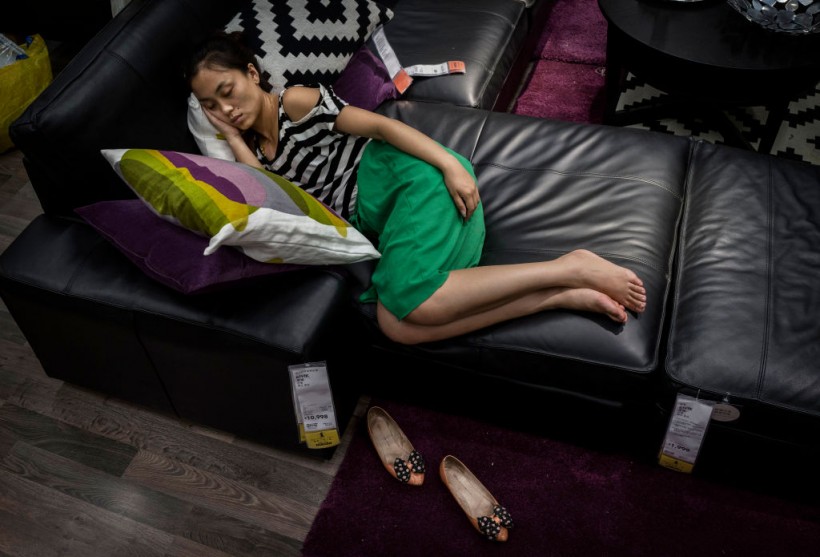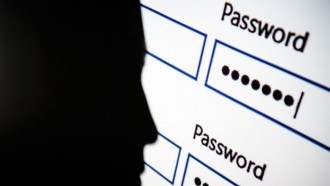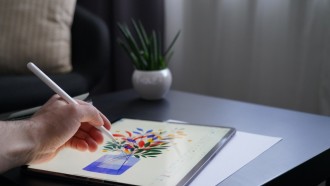Researchers from Nanjing Medical University in China point out that hitting the snooze button on your alarm clock for a few more minutes of sleep might save lives.
According to the recent sleep research involving 3,400-person research, those who slept less throughout the workweek but got two more hours on weekends had a 63% lower risk of myocardial infarction or stroke.
Conversely, researchers found that those who consistently slept for fewer than six hours a night during the workweek without compensating for lost sleep on weekends were more vulnerable to cardiovascular disease, indicating "weekend catch-up sleep is associated with a low risk of angina, stroke, and heart disease, especially in those with short sleep durations during the week," as reported by The Independent.
Decades of prior research have cautioned against the merits of pressing the snooze button. However, a recent study proposes that catching up on sleep strategically, specifically on weekends, might yield favorable outcomes for cardiovascular health.
Additionally, other studies have linked extra sleep to benefits such as warding off obesity and depression. The latest findings challenge previous notions about the negative impacts of snoozing and underscore the importance of sleep for overall well-being.

A Chinese shopper sleeps on a sofa in the showroom of the IKEA store on July 6, 2014 in Beijing, China.
How Vital is Sleep to Overall Health?
In a separate study, Dr. Maiken Nedergaard and her team at the University of Rochester revealed that sleep is far from mere downtime for a tired brain; instead, it serves as a crucial period of activity. The researchers discovered that during sleep, the brain undergoes a transformative process, functioning akin to a kidney by clearing toxins from the system through a drainage system, as per a report published by the US National Institutes of Health.
Dr. Nedergaard's team, focusing on mice, observed that this drainage system expedites the removal of proteins associated with Alzheimer's disease with twice the efficiency during sleep. Contrary to common perception, sleep emerges as a vital component for brain health and memory consolidation.
According to Dr. Kenneth Wright, Jr., a sleep researcher at the University of Colorado, sleep serves as a repair time for various bodily functions, including blood vessels and the immune system. Disturbing these repair processes due to insufficient sleep may have significant consequences, emphasizing the critical role of quality sleep in overall health.
Read Also: Insect-Borne Diseases on the Move: US Unprepared for the Spread of Tropical Viruses
People's Interest in Sleep Jumps in 2023
In 2023, 'sleep' achieved an unprecedented surge as a popular search term, reaching an all-time high on Google Trends. Notably, inquiries like 'Why am I tired all the time?' were prevalent as Americans turned to search engines to address their sleep-related concerns.
Dr. Sarah Silverman, a behavioral sleep medicine specialist, attributes this trend to the prevailing culture that glorifies constant hustle, leading many to live in a chronic stress state. The consequences often manifest in numbing behaviors, such as extended Netflix sessions and mindless social media scrolling.
The quest for improved sleep has prompted various approaches over the past year. A SleepFoundation.org survey of 1,000 Americans in November 2023 revealed that 20% struggled with night wakeups, and 17% faced difficulty falling asleep. Respondents experimented with solutions, with 27% reducing caffeine intake, 25% contemplating smart mattresses, and 15% even attempting "sleep divorce" by sleeping separately from their partners.
Dr. Angela Holliday-Bell, a board-certified physician and certified sleep specialist, suggests that the increased focus on sleep stems from the abundance of new information, exposure to novel concepts on social media, and the availability of sleep-focused tech gadgets.
Sleep disorders also made headlines, notably with President Biden's use of a CPAP machine for sleep apnea, drawing attention to the condition characterized by breathing pauses during the night. Additionally, quirky sleep hacks, such as the trend of 'bed rotting' on TikTok and the popularity of 'Sleepy Girl Mocktails' in spring, captured the internet's fascination.
Related Article: Pokemon Sleep Actually Helped People Sleep More in 2023, Japanese Study Reveals









